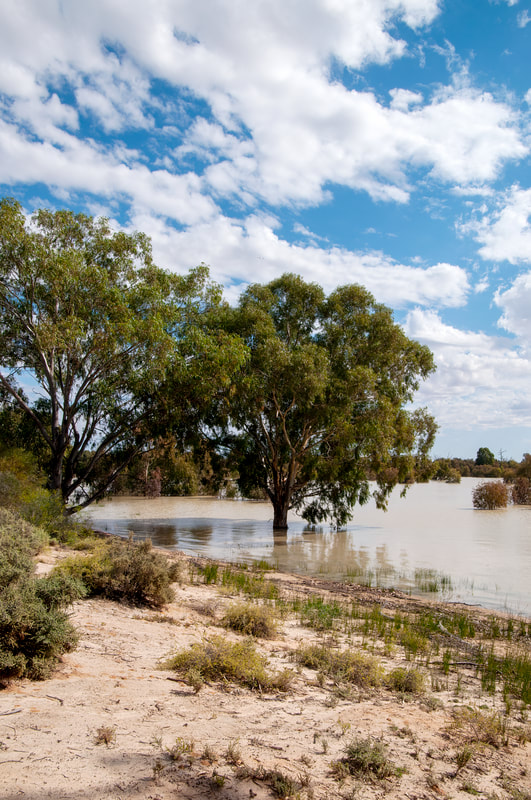Traditional medicines Warning against forms of “ideological colonization”, he thus pointed out that this respect must include recognition of the importance and value of traditional medicines for indigenous people whom, he said must also be ensured access to national health care. Climate Change Caccia went on to note that “while Indigenous Peoples have a minimal impact on climate change, they are among the first to face its consequences.” “At the same time, the contribution of Indigenous Peoples is fundamental in the fight against climate change.” The archbishop noted that by drawing on their traditional knowledge and practice, they are in an extraordinary position to “help enhance the resilience of ecosystems, including by adapting to the impact of climate change in creative ways.” Giving value to their cultural heritage and traditional knowledge, he said, “helps open up pathways for better environmental management.” Biodiversity Finally, the Vatican’s Permanent Observer noted that “Indigenous lands make up around twenty per cent of the Earth’s territory and contain eighty per cent of the world’s remaining biodiversity.” Thus, he said, “Indigenous Peoples are irreplaceable custodians of biodiversity and key partners in its conservation, restoration and sustainable use.” “Their unique relationship with their lands, is a ‘fundamental expression of their identity’.” With this in mind, he concluded, the Holy See reiterates that “any effort to achieve the ambitious targets agreed upon in the Kunming-Montreal Global Biodiversity Framework must respect the rights of Indigenous Peoples, including over their territories.” Source: Vatican News Read Archbishop Caccia's Statement in full here Comments are closed.
|
Archives
June 2024
|

